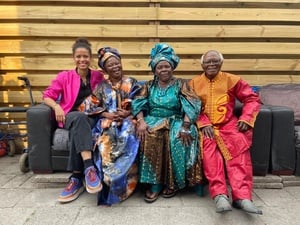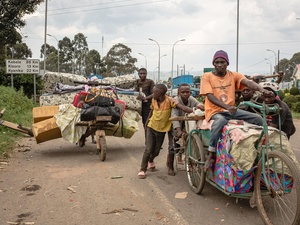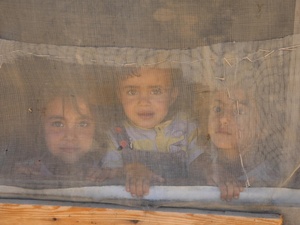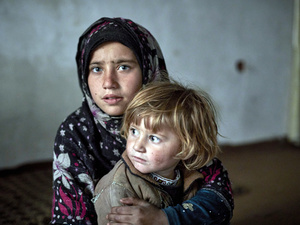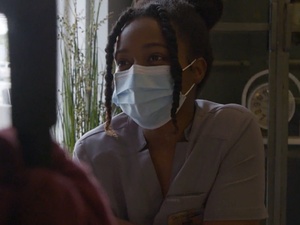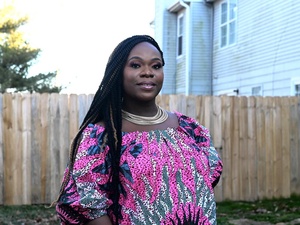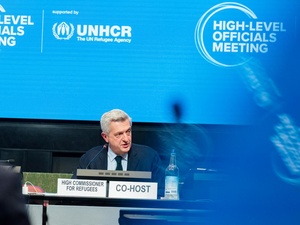Refugees from Myanmar in Thailand benefit from Australian generosity
Refugees from Myanmar in Thailand benefit from Australian generosity

Karen refugee children from Myanmar pay attention during a first-grade math class in Mae La refugee camp in Thailand. More than 140,000 refugees from Myanmar live in nine refugee camps in Thailand. Many have lived in the camps for up to 20 years.
BANGKOK, Thailand, June 29 (UNHCR) - Refugees from Myanmar living in camps in Thailand are set to benefit from Australia's generosity as a resettlement country, and also from a A$500,000 (US$367,000) grant aimed at helping improve educational standards in the camps.
During a visit earlier this week to north-west Thailand's Mae La camp, Australia's immigration minister, Senator Amanda Vanstone, announced her country had doubled its annual resettlement quota of refugees from Myanmar in Thailand in the last year to 900 from the current 400. She also said Australia could take up to 1,400 refugees the following year. Mae La shelters some 45,000 mainly Karen refugees from Myanmar.
"These are significant and generous increases by Australia and it really opens up the opportunity for new and productive lives for refugees from Myanmar, who have suffered enormously over many years but are still driven by a strong desire to contribute to society," said UNHCR's representative to Thailand, Hasim Utkan, who accompanied Vanstone on her mission.
Australia is one of a handful of resettlement countries. Its overall global quota for taking refugees referred by UNHCR in 2007 will be 6,000 as part of a wider humanitarian programme accepting 13,000 people a year.
This was Vanstone's first visit to a refugee camp in Thailand, but earlier in the year she had met women refugees from Myanmar at a UNHCR-run centre in New Delhi, where she was struck by their plight.
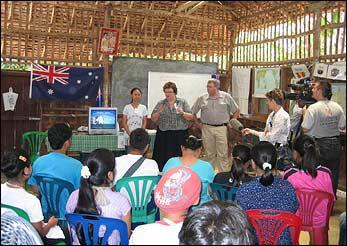
Australia's Minister for Immigration and Multicutural Affairs, Senator Amanda Vanstone (centre on podium), talks to refugees from Myanmar at Mae La camp in Thailand participating in an Australian cultural orientation course.
Mae La, situated close to the border, is the largest of the nine refugee camps in Thailand, many of which have been sheltering refugees fleeing violence and human rights abuses in Myanmar for more than 20 years. It is one of the longest-running refugee situations in Asia and the camps rarely receive ministerial visits. In total, there are more than 140,000 refugees from Myanmar in Thailand.
Vanstone toured the camp, meeting refugees and checking out the overflowing health centre as staff tried to cope with an outbreak of dengue fever. She also visited a cultural orientation centre for refugees ahead of resettlement, presented humanitarian visas to a family of three refugees destined for Sydney and received a briefing on pre-departure screening which began in May.
After seeing for herself the camp conditions, Vanstone told journalists she was convinced this population deserved the highest priority for resettlement.



